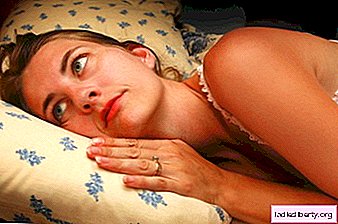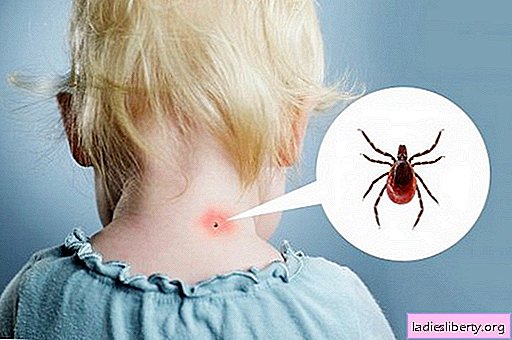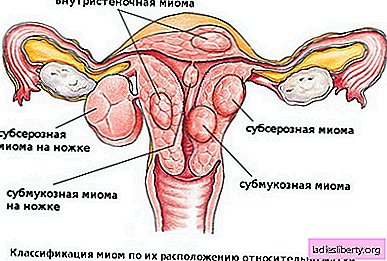
Under insomnia understand the disorder, which is expressed in difficulty falling asleep or maintaining sleep. Phenomena associated with sleep disturbances are quite common. So, according to medical statistics, approximately 8-15% of the world's adult population complain of poor or insufficient sleep; 9-11% regularly use sedative hypnotics (among older people, this figure is much higher).
Sleep disorders can affect people from any age group. However, some of them are characteristic for certain age groups. We are talking about bedwetting, nightly fears and somnambulism in children and adolescents, or insomnia or pathological drowsiness in the elderly.
Insomnia - Causes
If a person is healthy, then he may have temporary insomnia caused by a variety of reasons: excessive nervous excitement, overload, the action of neurotropic drugs, overeating, stuffiness, noise, etc. Also, the duration and quality of sleep may be impaired due to shift work, flights with a change of time zone, etc.
Insomnia - Symptoms
Insomnia is characterized by a reduction in sleep duration. The most common sleep problems are falling asleep. A healthy person needs about 3 to 10 minutes to fall asleep, and insomnia suffers up to 2 hours or more. As soon as such a person is in bed, he has no desire to sleep due to painful thoughts and memories, he begins to look for a comfortable pose. If slumber occurs, it is interrupted by the slightest sound.
Also a frequent problem is night awakenings, when a person wakes up in the middle of the night and cannot then fall asleep for a long time. The reason for such awakenings can be both external (for example, noise) and internal factors (nightmare, pain, frequent urination, etc. ) These factors can cause awakening and healthy people who sleep well. However, patients with sleep disorders have a reduced threshold for awakening and a difficult process of falling asleep after it.
There is also the problem of early morning awakening, which leads to a decrease in patients' working capacity, a feeling of "overwhelmed" and not satisfied with their sleep.
Insomnia Diagnosis
Diagnosis of insomnia should take into account all the information of the anamnesis, including an assessment of an individual chronobiological stereotype ("owl", "lark" or "pigeon") and its conformity to lifestyle.
The main basis for the diagnosis of insomnia is the results of a psychological study of the patient. In addition, a polysomnographic study is important in this case, including the simultaneous registration of several parameters: electroencephalography, electromyography, electrooculography, which together constitute the minimum necessary set for assessing sleep structure.
Insomnia - treatment and prevention
The tactics and treatment strategies for insomnia are determined by its causes. Treatment of insomnia consists in eliminating the factors that caused it, and in carrying out measures to normalize sleep, which are represented by drug and non-drug methods of treatment.
For the treatment of insomnia with non-drug methods, first of all, it is necessary:
- do not eat foods containing caffeine and stimulants;
- refuse late dinners, especially from spicy dishes;
- provide a sufficient level of motor activity;
- to activate melatonin - a special substance, which is a natural sleeping pill, you must sleep in the dark and silence;
- go to bed and wake up at the same time;
- do not sleep during the day;
- consult a psychologist if insomnia is associated with a psychological problem.
In the treatment with medicinal methods, preference should be given to herbal preparations, which can be easily canceled later on. In general, the duration of taking sleeping pills should be no more than 3 weeks. During this time, it is possible to find out the causes of insomnia, and addiction does not have time to form.











